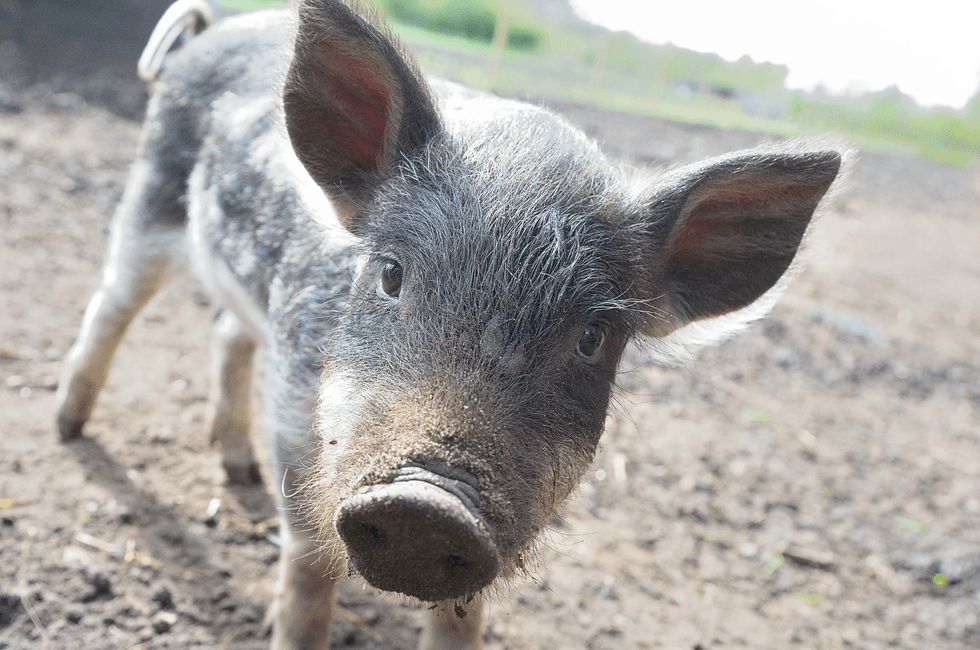One of the biggest benefits of traveling abroad is being able to return home and get a fresh perspective on where you live.
French engineer Geoffroy de Reynal had a powerful awakening after leaving his home for a year and coming back.
"I was living abroad in Montenegro for a year, and there are not much people living outside there," he told ABC News. "When I came back to France, I was surprised by the number of homeless in the streets, so I decided to come up with an idea to help them."
France has seen an increase in homeless over the past decade due to the global financial crisis as well as an influx of migrants from Africa and the Middle East. According to France's National Institute of Statistics and Economic Studies (INSEE), more than 12,000 people sleep on the streets of France.
"In most cities, the official homeless help program is saturated, even in wintertime. Every one of us have seen people unsheltered sleeping straight under the snow," Reynal said.
In the winter of 2018, Reynal used his own money to create an igloo-like dwelling that traps body heat inside so the homeless can stay warm sleeping outdoors. The igloos are made from Polyethylene foam, a material that retains body heat.
The igloos are lightweight and foldable so they are easy to transport from place to place.
The shelters are covered in aluminum foil to keep the weather out and heat in. The inventor says that the inside of one of his igloos can be up to 50° F warmer than the outside.
After seeing that his early models were a success, Reynal started a crowdfunding campaign where he received around $20,000.
"Using my resources and the money from the crowdfunding campaign, I built 20 igloos prototypes this winter and distributed ten in Bordeaux, and ten additional in Paris," he said.
Over the past two years, the "Iglou" — French for igloo — project has expanded its reach to the Czech Republic and Reynal has no plans of slowing down.
"My ambition is to produce these igloos on a large scale, hundreds or even thousands of them," he said. "I also want to make some improvements: putting wheels under the igloos to make them easier to transport, or build larger modular igloos for families."
He also hopes to bring his invention to the United States where homelessness is on the rise.
"In countries like Poland, there are lots of people living in the streets," he said. "In the U.S., igloos could be very useful in cities such as Chicago that are very cold and snowy during the winter."
Reynal's igloos are the perfect example of someone using their unique talents to help those who need it the most. Imagine how much of a better place the world would be if we all took our special talents and used them to help those in need?
















 A car with LED headlightsCanva
A car with LED headlightsCanva




 A collection of toilet paper rollsCanva
A collection of toilet paper rollsCanva A bidet next to a toiletCanva
A bidet next to a toiletCanva A cute pig looks at the cameraCanva
A cute pig looks at the cameraCanva A gif of Bill Murray at the dentist via
A gif of Bill Murray at the dentist via  A woman scrolls on her phoneCanva
A woman scrolls on her phoneCanva
 A confident woman gives a speech in front of a large crowdCanva
A confident woman gives a speech in front of a large crowdCanva